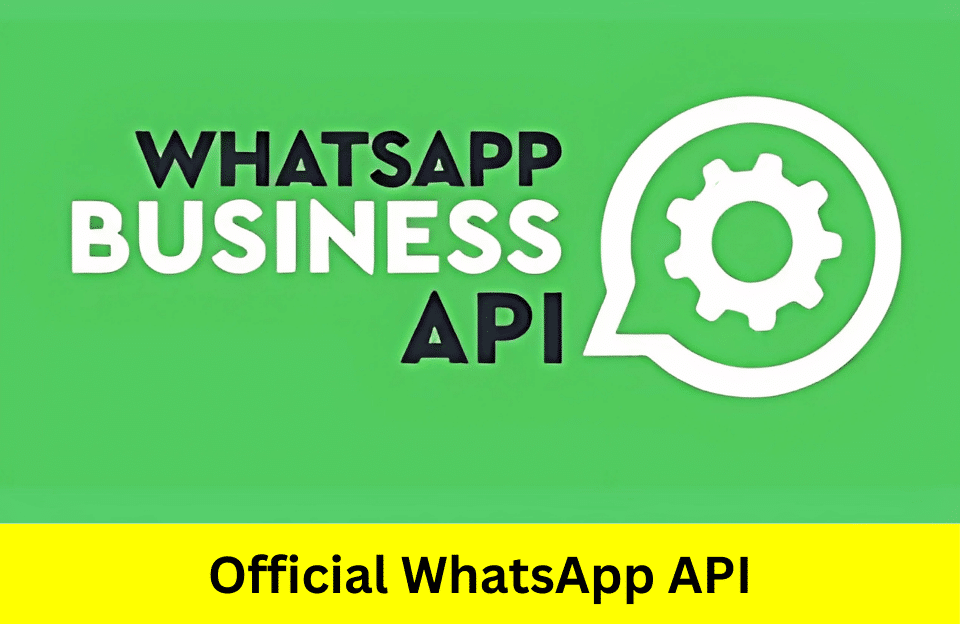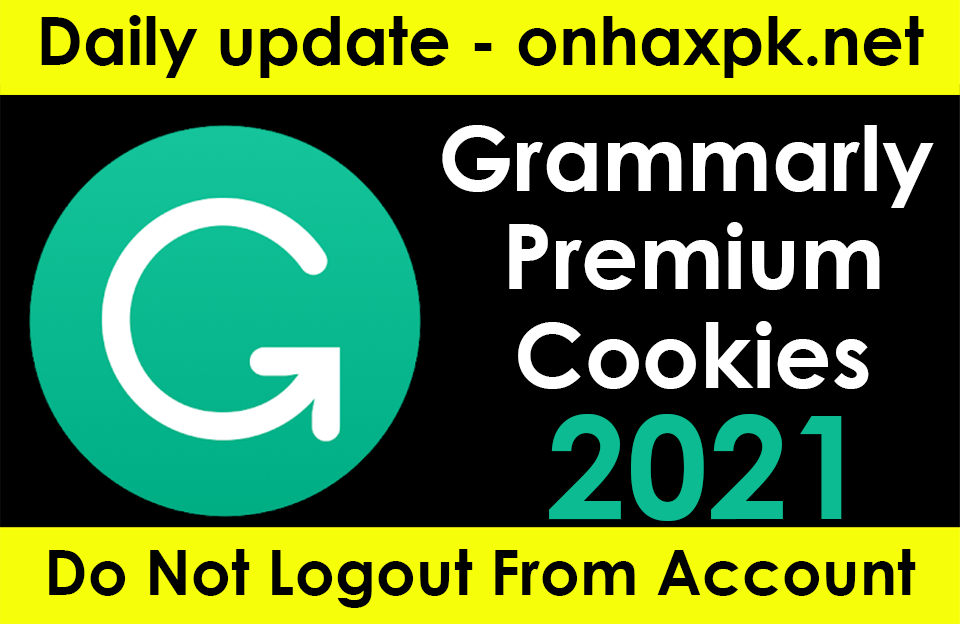In an era where seamless communication is key to business success, the Official WhatsApp API offers enterprises a new dimension in customer interaction. With over 2 billion active users globally, WhatsApp has become a vital platform for both personal and business messaging. As businesses shift to more direct and personalized communication channels, the Official WhatsApp API stands out as a crucial tool to manage conversations, automate customer service, and enhance engagement. This article will explore the core functionalities, advantages, challenges, and best practices for using the WhatsApp API effectively.
Table of Contents
What Is the Official WhatsApp API?
The Official WhatsApp API is a communication interface that allows businesses to send and receive messages through WhatsApp at scale. Unlike the regular WhatsApp app, the API is not tied to a specific phone number or device, making it suitable for large enterprises and customer service teams. The API provides robust functionalities for automating messaging, integrating chatbots, and offering personalized services through popular CRM systems.
WhatsApp designed the API specifically for medium and large businesses, helping them manage thousands of conversations simultaneously. Instead of a standalone interface, the API connects with customer management tools like HubSpot, Zendesk, or Twilio, providing businesses with greater flexibility to interact with clients.
Core Features of the WhatsApp API
The WhatsApp API offers several powerful features:
- Automated Messaging: Businesses can use chatbots to automate responses and guide customers through their journey, from inquiries to transactions.
- Interactive Messages: Support for buttons and list messages allows companies to offer interactive options, improving engagement.
- Rich Media Support: Businesses can send images, PDFs, audio, and videos, providing customers with complete information.
- Message Templates: Pre-approved templates allow sending time-sensitive notifications, such as order updates, reminders, or verification codes.
- Multi-Agent Support: Through CRM integration, multiple agents can handle conversations seamlessly without switching devices.
Benefits for Businesses
The WhatsApp API provides businesses with several key advantages, reshaping how they interact with customers:
- Real-Time Customer Support: Customers expect quick responses. WhatsApp ensures real-time support, leading to higher customer satisfaction.
- Global Reach: With WhatsApp’s massive user base, companies can engage with clients worldwide without additional infrastructure.
- End-to-End Encryption: Conversations through WhatsApp are secure, ensuring compliance with privacy regulations like GDPR.
- Enhanced Engagement: Personalized and interactive messages increase engagement rates compared to traditional email or SMS campaigns.
- Reduced Operational Costs: Automated messaging helps businesses lower support costs and maintain efficiency.
Use Cases of the WhatsApp API
The WhatsApp API has been adopted across industries for various purposes:
- E-commerce: Sending order confirmations, delivery notifications, and abandoned cart reminders through WhatsApp increases conversion rates.
- Travel and Hospitality: Airlines and hotels use WhatsApp to provide booking confirmations, flight alerts, and check-in reminders.
- Banking and Finance: Financial institutions leverage the API to send OTPs, account updates, and fraud alerts.
- Healthcare: Hospitals use WhatsApp to remind patients of appointments and share diagnostic reports securely.
Challenges in Implementing the WhatsApp API
Despite its benefits, businesses may face certain challenges:
- Message Template Approval: WhatsApp requires businesses to pre-approve templates, which can delay operations.
- Restrictions on Promotional Content: The API discourages unsolicited messages, limiting direct advertising campaigns.
- Setup Complexity: Integrating the API with CRMs or other systems may require technical expertise.
- Costs: Using the API involves per-message charges, which could increase operational costs for high-volume messaging.
Best Practices for Using the WhatsApp API Effectively
To maximize the potential of the WhatsApp API, businesses can adopt these best practices:
- Obtain Customer Consent: Always ensure customers opt in for messaging to avoid compliance issues.
- Use Chatbots Wisely: Implement chatbots to answer frequently asked questions, but offer agent handoffs for complex queries.
- Create Personalized Campaigns: Use segmentation to deliver personalized messages based on customer behavior or preferences.
- Optimize for Different Devices: Ensure multimedia content loads quickly on mobile devices to maintain a positive user experience.
- Monitor Analytics: Use analytics to track message delivery and response rates, optimizing communication strategies.
WhatsApp Business API vs. WhatsApp Business App
Although both the WhatsApp Business app and the API cater to businesses, their functionality varies.
- WhatsApp Business App:
- Designed for small businesses.
- Limited to a single device and phone number.
- Features include business profiles and quick replies.
- WhatsApp Business API:
- Suitable for enterprises with large-scale operations.
- Requires integration with customer management tools.
- Supports automation, multi-agent handling, and advanced analytics.
The API offers more flexibility and scalability, making it ideal for businesses looking to manage extensive customer interactions.
How to Get Started with the WhatsApp API
Businesses need to follow several steps to start using the API:
- Select a WhatsApp Business Solution Provider (BSP): Official BSPs such as Twilio or Vonage offer the infrastructure for accessing the API.
- Create a WhatsApp Business Profile: Provide accurate information about your business to build trust with customers.
- Submit Message Templates for Approval: Create templates for notifications, confirmations, and alerts.
- Integrate the API with Your CRM or Software: Set up integration to manage contacts and automate messaging.
- Launch and Monitor Campaigns: Use analytics to monitor performance and continuously improve.
The Future of WhatsApp API in Business Communication
The Official WhatsApp API continues to evolve, adding features that enhance user experience and business outcomes. Upcoming developments may include deeper AI integration, offering more intelligent chatbots capable of natural conversation. WhatsApp is also exploring better tools for businesses to comply with global privacy regulations. As customers increasingly prefer messaging over emails, the API is positioned to become a central element in business communication strategies.
Conclusion
The Official WhatsApp API is revolutionizing how businesses communicate with their customers. Its ability to automate conversations, send interactive messages, and ensure security offers immense value. While challenges such as template approvals and integration complexities exist, the benefits far outweigh these hurdles. With best practices in place, companies can harness the full potential of the WhatsApp API to enhance engagement, build customer loyalty, and streamline operations. In a world where real-time interaction is paramount, the WhatsApp API stands as a game-changer in business communication.


